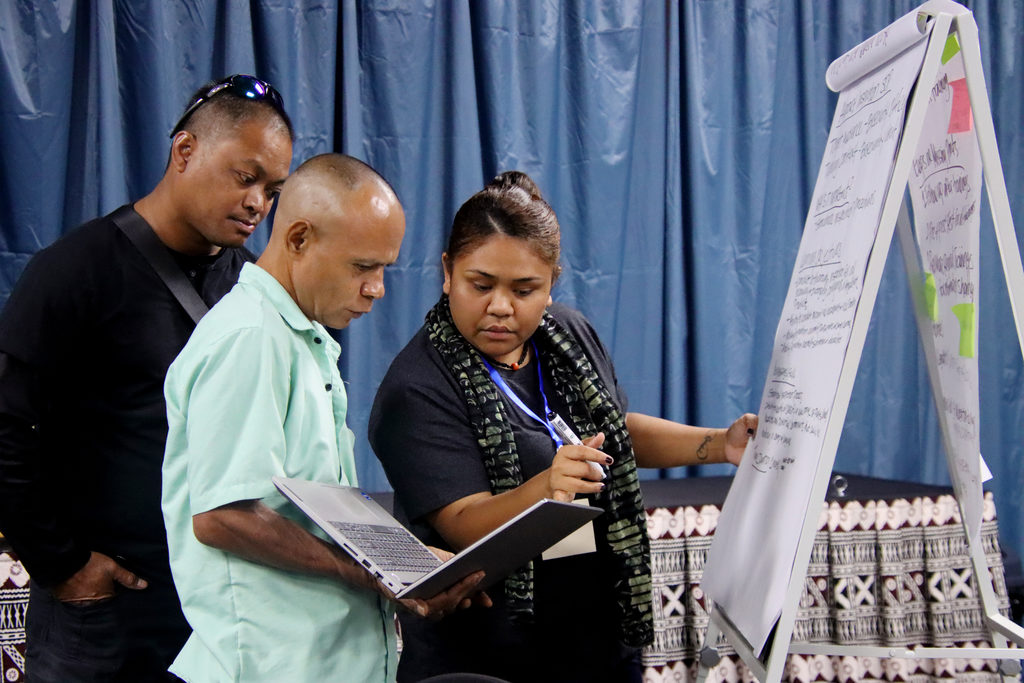BIOSECURITY officers from around the region met in Nadi to validate four years of training that has strengthened the Pacific’s defence against pests and diseases threatening agriculture, biodiversity and trade.
At a workshop earlier this month, they reviewed a tracer study under the EU-funded SAFE Pacific project, implemented by the Pacific Community (SPC).
The study found that training and equipment support had sharpened pest surveillance, boosted pest identification skills, improved data reporting, and strengthened coordination between biosecurity, customs, health and port authorities.
SPC Pacific Plant Protection Organisation coordinator Riten Gosai said the validation exercise was an important step forward.
“It not only addresses what has been immediately achieved but will also help shape efforts for long-term impacts for national and regional biosecurity systems across the Pacific,” he said.
“This will strengthen national systems, enhance regional coordination, and build resilience against emerging biosecurity threats. In the long run, it will help safeguard Pacific agriculture and maintain safe and sustainable trade pathways that are a lifeline for the region’s economies and communities.”
Participants said they valued the “training plus equipment” model, which gave them not only new skills but also the tools to apply them, including traps, lures, consumables, X-ray machines and incinerators.
“The combination meant we could take what we learnt straight into the field,” one participant noted.
Officers also worked on finalising Standard Operating Procedures for every day biosecurity operations and built skills in digital platforms such as KoboCollect and EpiCollect for pest surveillance and record keeping.
SAFE Pacific has delivered national, sub-regional and regional training since 2021 across 15 Pacific nations, including Fiji, Samoa, Tonga, Vanuatu and Papua New Guinea.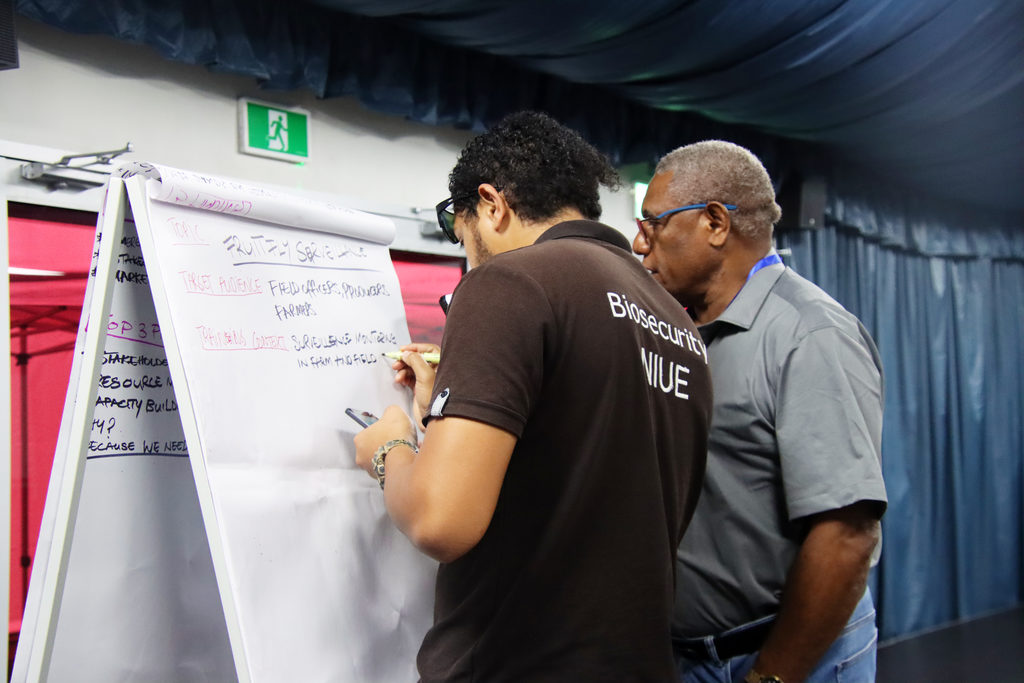
Participants from Niue and Papua New Guinea engage in discussions during a group activity. Picture: SUPPLIED
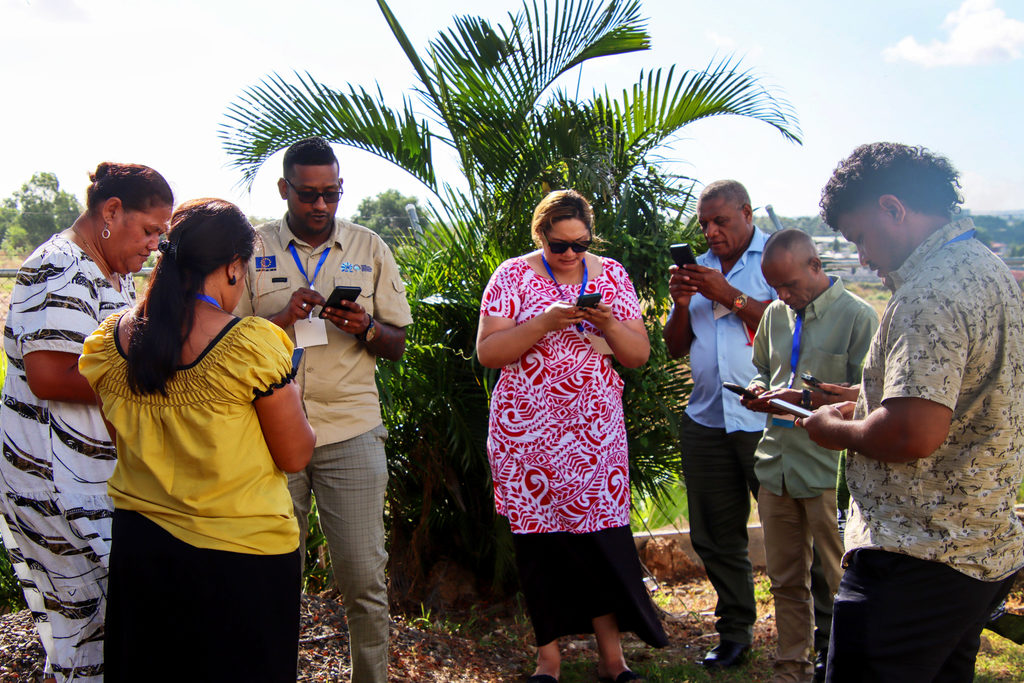
Putting theory into practice… Participants use their mobile phones during a field exercise to validate data. Picture: SUPPLIED
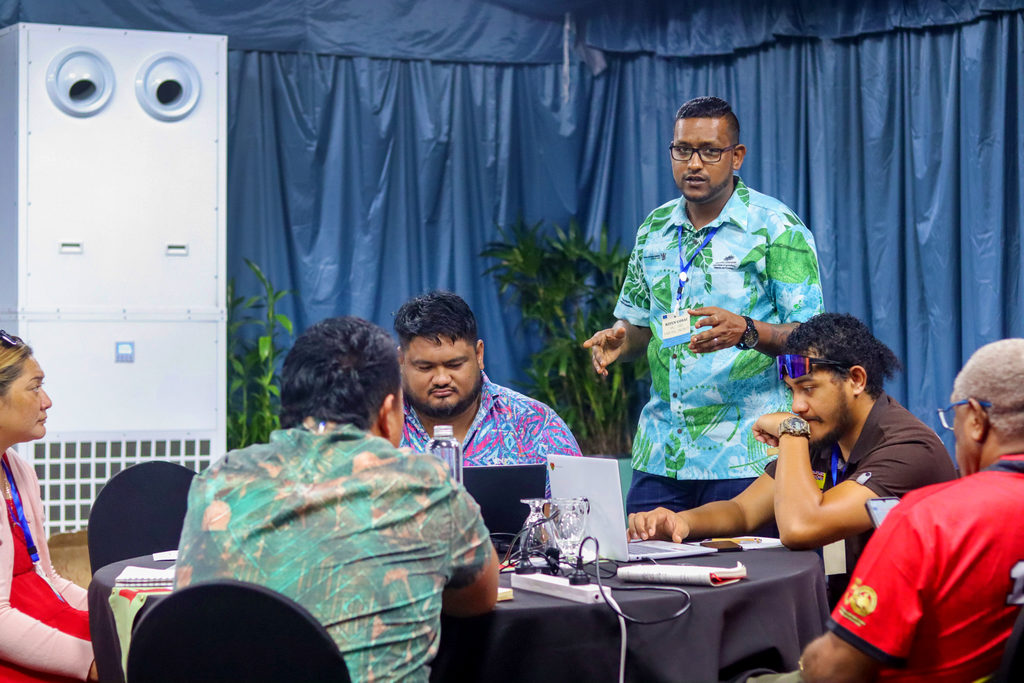
Biosecurity SPS officer PPPO coordinator Riten Gosai of the Land Resources Division leads a session discussion at the regional workshop. Picture: SUPPLIED
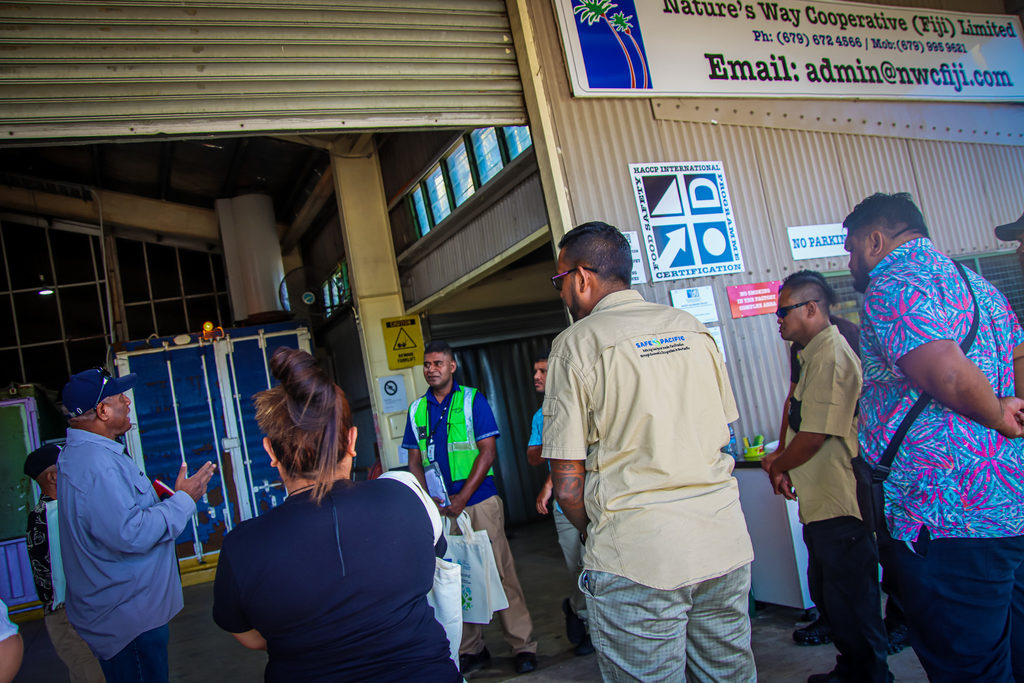
Site visit to the High Temperature Forced Air Treatment in Fiji. Picture: SUPPLIED
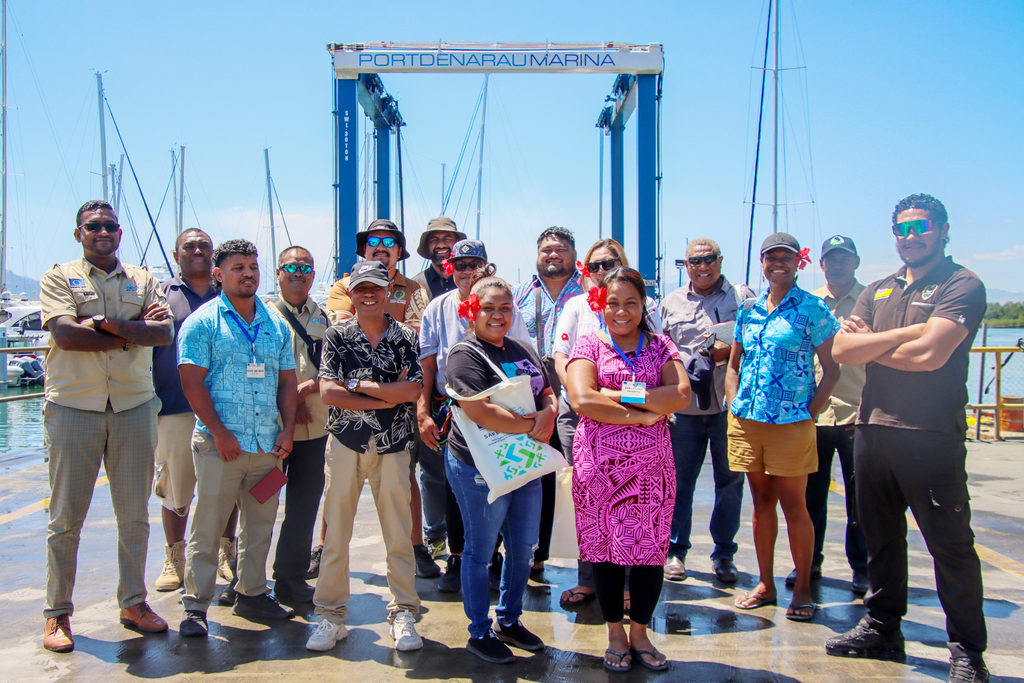
Participants take time out for a group picture at the Port Denarau Marina after meeting the Biosecurity Authority of Fiji (BAF) staff stationed at the marina. Picture: SUPPLIED

